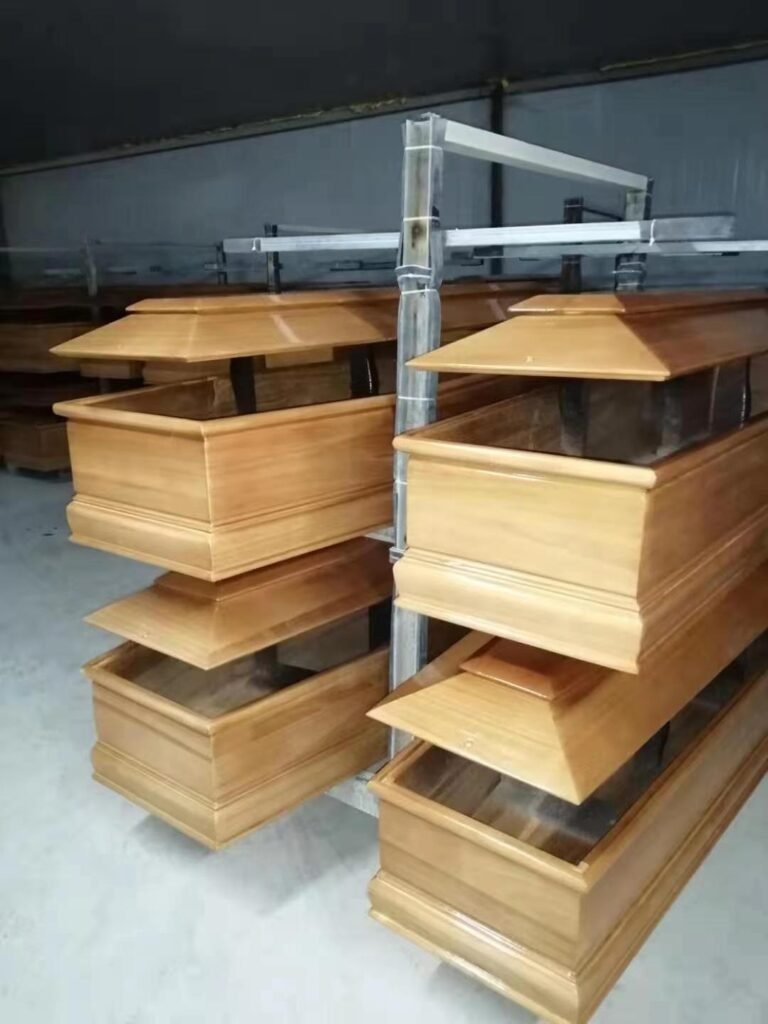Coffins, often a somber but necessary part of life, are crafted with care and consideration by manufacturers around the world. In this article, we delve into the intricacies of coffin manufacturing, exploring the largest manufacturers, the best wood choices for coffins, the costs involved, and the scope of the industry.

Introduction
Coffins serve a profound purpose in many cultures, providing a dignified resting place for loved ones. Understanding their production and materials sheds light on an industry that balances tradition with modern innovation.
Largest Casket Manufacturer
The largest casket manufacturer globally is Matthews International Corporation. Founded in 1850 and headquartered in Pittsburgh, Pennsylvania, Matthews International has established itself as a leader in the funeral services industry. With a wide range of products and a global footprint, Matthews International serves funeral homes and families worldwide.

Best Wood for a Coffin
When selecting wood for a coffin, several factors come into play. Oak and mahogany are often favored for their durability and rich aesthetic appeal. Oak, known for its strength and traditional appearance, is a popular choice. Mahogany, prized for its deep, reddish-brown hue and natural resistance to decay, offers a luxurious option. Both woods are sourced sustainably to ensure environmental responsibility.
Cost of Making a Coffin
The cost of manufacturing a coffin varies based on several factors, including the chosen materials, craftsmanship, and market dynamics. On average, basic coffins can start at a few hundred dollars, while more elaborate designs or customizations can escalate into the thousands. Factors influencing cost include the complexity of the design, the type of wood used, and any additional features such as linings or finishes.

Number of Coffin Manufacturers
The coffin manufacturing industry comprises a diverse array of companies, ranging from large-scale operations to smaller, specialized workshops. Globally, hundreds of manufacturers cater to regional and international markets, each contributing to the industry’s breadth and variety. This diversity ensures that consumers have a wide range of choices to suit personal preferences and cultural traditions.
Conclusion
In conclusion, the world of coffin manufacturing is a blend of craftsmanship, tradition, and practicality. From the largest manufacturers like Matthews International to the selection of premium woods like oak and mahogany, each aspect plays a crucial role in meeting the diverse needs of individuals and communities worldwide. Understanding these elements offers insight into an industry that honors the solemnity and dignity of life’s final journey.
This exploration underscores the care and respect that goes into every coffin, ensuring that each one serves its purpose with dignity and grace.





